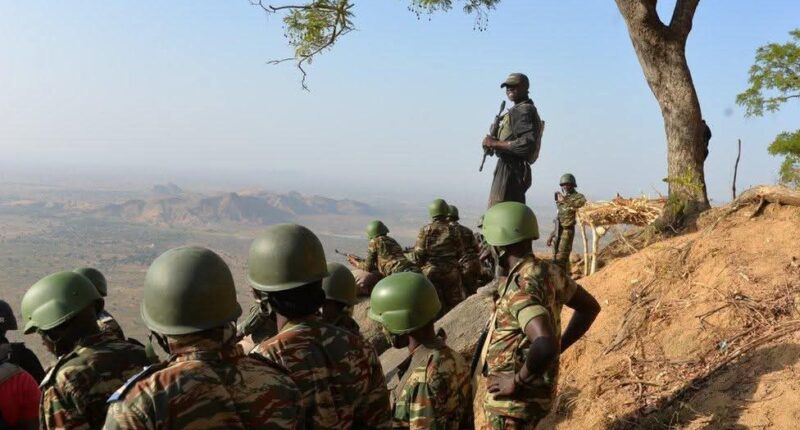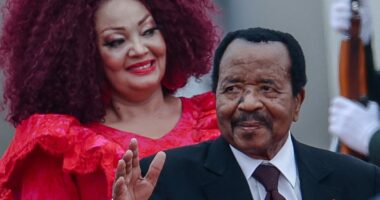Multiple soldiers were arrested overnight across several military bases in the Mayo-Danay Division in what security sources describe as a coordinated operation targeting troops suspected of maintaining contacts with opposition figure Issa Tchiroma Bakary. The arrests, carried out discreetly but with sweeping precision, focus on soldiers believed to have exchanged messages or held informal links with Tchiroma, who continues to insist he won the disputed October 12 presidential election. The detentions come at a time when Cameroon is facing intense political turbulence marked by protests, widespread dissatisfaction within the ranks of the army and increasing signs of fractures inside the security establishment.
According to internal sources, the Biya regime views any form of direct or indirect communication with Tchiroma as a potential act of disloyalty, especially given his rising influence and his claim to have support from elements within the military. Recent weeks have seen growing unease within the armed forces as officers and rank-and-file soldiers express frustration over the regime’s response to the post-election crisis. The number of those arrested in Mayo-Danay remains unclear, and authorities have not stated whether formal charges will be filed, raising concerns about secret detentions and possible rights violations. Human rights advocates say the arrests reflect the government’s increasing fear of internal rebellion and its desire to stamp out any perceived threat before it takes shape. In recent days, the regime has intensified repression, arresting protesters, political actors and anyone suspected of sympathizing with opposition movements.
For Ambazonians observing the unfolding crisis, these developments show a deepening instability at the heart of the regime that has long relied on the military as its strongest pillar. A divided or uncertain army introduces a dangerous new dynamic in a country already shaken by conflict and political fragility. As Yaoundé tightens its grip, the risk of arbitrary arrests, torture and forced disappearances grows even higher, especially for those accused of “rebellion” or “hostility against the homeland.” The situation in Mayo-Danay may be the clearest sign yet that the crisis is shifting from the streets into the barracks, raising questions about how long the regime can contain dissent within its own forces.
By Lucas Muma






1 comment
Hi, Constance here from Letstok.
We help Shopify owners turn static product images into real-person video ads with one click.
It’s the easiest way to boost engagement and sales without hiring a creative team.
Start free and use SHOPIFY-10 for extra credits this month:
https://bit.ly/LetstokAI
If at any point you prefer not to get subsequent communications from this campaign, just fill the form at bit. ly/fillunsubform with your domain address (URL).
92 Withers Close, New Rochelle, CA, USA, 91945